Description

List of 3 large foundations in Germany
We present a number of foundations from our list. The foundations presented from Germany differ in their type and funding focus. They were established by private individuals or companies.
1. Max Planck Foundation, Munich
The Max Planck Foundation in Munich was founded in 2006 and is one of the largest sponsoring foundations in Germany. It is organised as a foundation under civil law with legal capacity. Since its establishment, projects have been supported with more than 50 million euros. The initiators of the foundation are the entrepreneur Stefan von Holtzbrinck (Georg von Holtzbrinck Publishing Group) and the lawyer Reinhard Pöllath (P+P Pöllath + Partners). Several trust foundations are located under the roof of the Förderstiftung: the Dr. Gerhard and Irmgard Gross Foundation, the Hanrieder Foundation for Excellence, the Dr. Helmut Storz Foundation, the Hermann Neuhaus Foundation and the Werner Heisenberg Foundation. The Foundation is also supported by several private sponsors.
The Foundation is designed to support projects of the Max Planck Society in the field of science and research. It forms an important financial base for the Max Planck Institutes in Germany. There are three funding priorities:
– Basic research: the aim here is to gain fundamental scientific knowledge as a basis for later applications. The foundation aims to make research possible in cases where state funding is lacking;
– Preservation of freedom of research: the funding foundation wants to help preserve the freedom of research and not just focus on projects that promise quick economic success;
– Supporting top-level German research: there is a broad spectrum of funding in this area – training and optimal working conditions for scientists, attracting top international scientists, funding innovative projects and top-level research, etc.
Update 2024: Last Christmas, the Max Planck Society hosted the Prelude 2024 annual reception. Around 300 guests from politics and science discussed current social issues, including how to prevent the infiltration of democracy.
2. Klaus Tschira Foundation, Heidelberg
The foundation is named after the physicist Klaus Tschira, one of the co-founders of SAP, and has existed since 1995. Around 21 million SAP shares form the capital stock of the Klaus Tschira Foundation, the value of which naturally fluctuates depending on the stock market situation. The foundation does not publish any further details on its assets. The foundation is based in Heidelberg and is run as a non-profit limited liability company.
The focus of the Klaus Tschira Foundation is on promoting interest in the so-called MINT sciences (MINT = mathematics, information technology, natural sciences, technology). The aim is to ensure that there are enough young people in these fields in the long term. Science communication, education and training are special focus areas of the foundation. In addition, MINT-related science projects are also supported.
The foundation supports the Heidelberg Institute for Theoretical Studies and the Klaus Tschira Laboratory for Physical Age Determination. The Klaus Tschira Competence Centre in Heidelberg aims to get future educators excited about the natural sciences. In the field of science communication, the National Institute for Science Communication was founded in 2012 together with the Karlsruhe Institute of Technology (KIT). The Science Media Center Germany (SMC) in Cologne, which was launched in 2015, aims to support media coverage of science topics – just a few examples of the Foundation’s diverse activities.
Update 2023: The new dual leadership of KTS is formed by Rafael Lang (in office from May 15, 2023) and Lilian Knobel, who has already been on board since November 2022.
3. Carl Zeiss Foundation, Stuttgart
The Carl Zeiss Foundation is probably one of the most traditional German foundations. It was founded as early as 1889 by the German physicist and entrepreneur Ernst Abbe and named after his dear friend and business partner Carl Zeiss. Heidenheim an der Brenz and Jena are the seat of the foundation. The foundation’s assets consist of the shares in Carl Zeiss AG and Schott AG. The foundation is the sole owner. The dividends are used to finance the foundation’s projects. Until 2004, the companies were legally dependent parts of the foundation. Today, the foundation and the companies are legally separate.
The Carl Zeiss Foundation is designed to promote science and research in the fields of mathematics, information technology, natural sciences and technology (MINT). Both basic research and application-oriented projects are funded. In keeping with its historical origins, funding focuses on the German states of Baden-Württemberg, Rhineland-Palatinate and Thuringia. Funding is primarily directed at universities. Within this framework, the Carl Zeiss Foundation awards doctoral and postdoctoral scholarships, endows professorships and supports German scientists returning from abroad. Among other things, around three dozen junior professorships have been approved and more than 20 endowed professorships financed in the last ten years.
Picture source: Daniel Seßler via Unsplash (23.08.2023)

Download the list as an Excel file
There are plenty of foundations in Germany. Therefore, it is very difficult to identify and target the most important ones. Our research team has compiled the largest foundations in Germany as part of an intensive research process. With just a few clicks, our foundation database can be downloaded as an Excel file and edited according to your needs. The list contains a variety of data points: from the foundation assets to the founder(s) to the foundation focus (education, research, art & culture, health, sports, etc.) and contact details. In this way, you can easily identify the right foundations for your project and immediately begin to approach them in a targeted manner. We support foundation advisors, banks, investment boutiques, real estate professionals, social institutions and many more in their search for the ideal business partners.
Included data points: assets, purpose, founder, contact details, contact person
Our list is ideally suited for working with the relevant foundations in Germany. In many cases we can provide an estimate of the foundation’s capital and the founder behind it (in about 50% of cases we can provide an estimate of the foundation’s assets). For each foundation, contact details, the purpose of the foundation and more detailed information on the focus are given. The contact details range from the relevant contact person to e-mail, URL, telephone and address. We thus save you hours of research by compiling, structuring and clearly presenting the publicly available information.
Different types: state, church, family, corporate
The foundations included in our list are of a very diverse nature. Our list contains both the most important state and party-affiliated foundations (e.g. the Rosa Luxemburg Foundation) and the private foundations of wealthy German families (e.g. the Dietmar Hopp Foundation). Some of the large private foundations were already established at the beginning of the last century. Through far-sighted financial management and a sensible spending policy, it has usually been possible to preserve or even increase the foundation’s assets. Also included in the list are company-related foundations, such as the MunichRe Foundation.
Promoting education, research, health, politics, social welfare, environmental protection and art & culture
Our list can be filtered by what is funded with just a few clicks. Many foundations in Germany specialise in promoting education. They do this by supporting schools, universities, their own programmes and by awarding scholarships. Another main focus is the promotion of research projects, with particular emphasis on medical research. Church foundations in particular (but also private foundations such as the Robert Bosch Stiftung) run their own hospitals and nursing homes. In addition, the promotion of democracy, social concerns, environmental protection and the promotion of art and culture are in the repertoire of many foundations.
Picture source: Claudio Testa via Unsplash (23.08.2023)
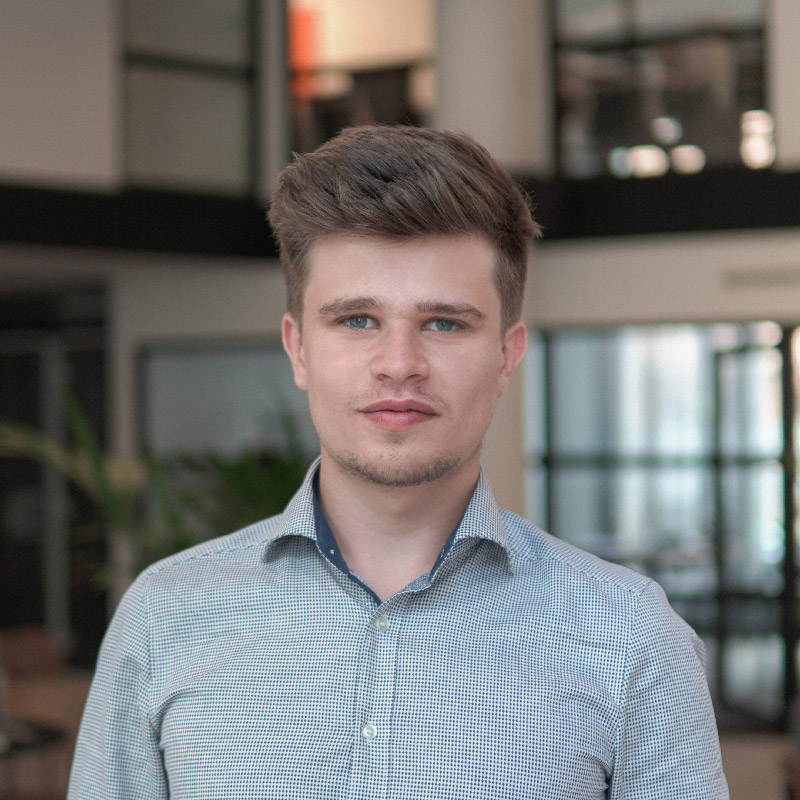
Any questions? Get in touch!
Leo Semmelmann, Founder
contact [at] researchgermany.com
+49 (0) 89 92927741
We are looking forward to help you in case of any questions, remarks and individual requests. Feel free to get in touch via email, live chat or phone. We can also offer you package prices and can create individual lists.

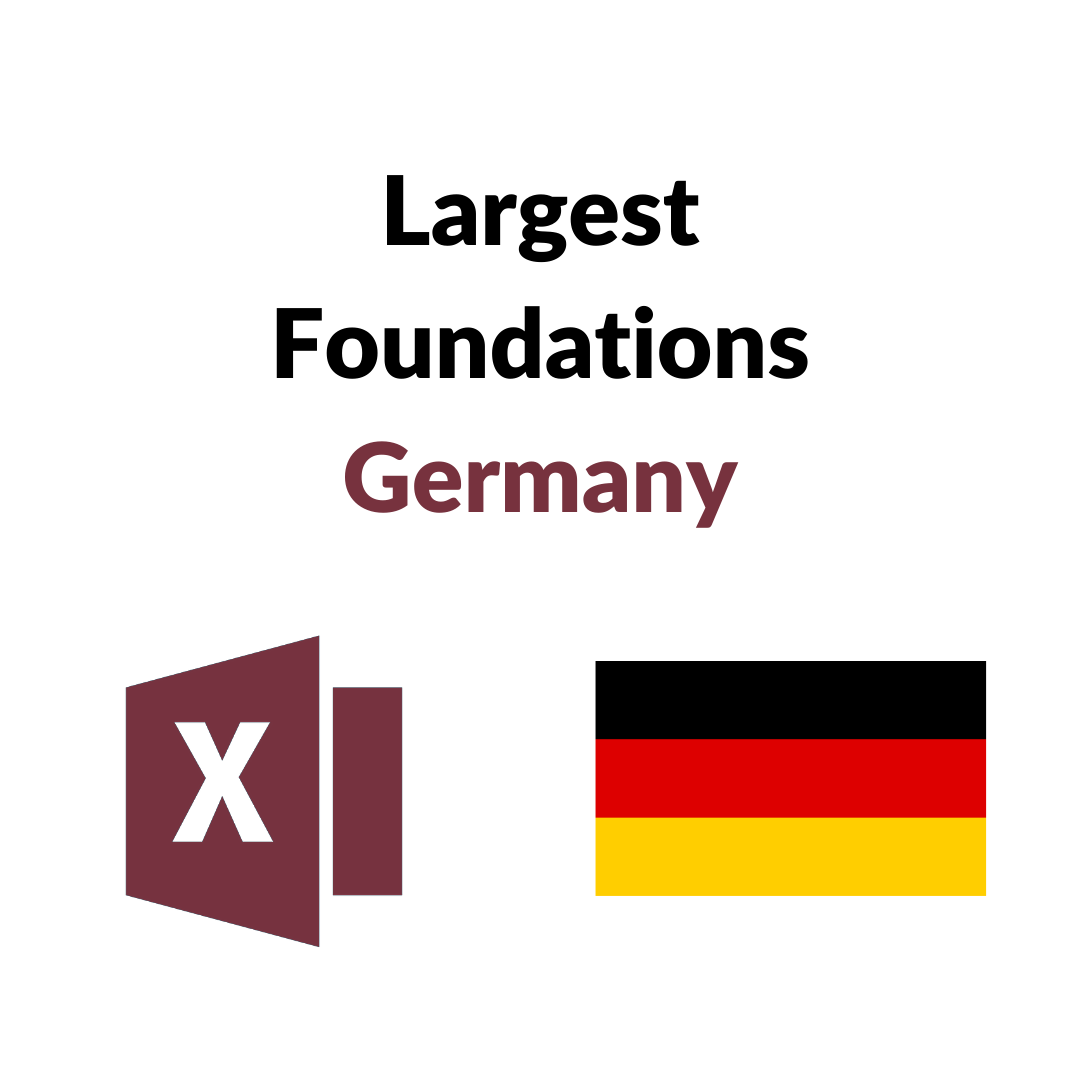
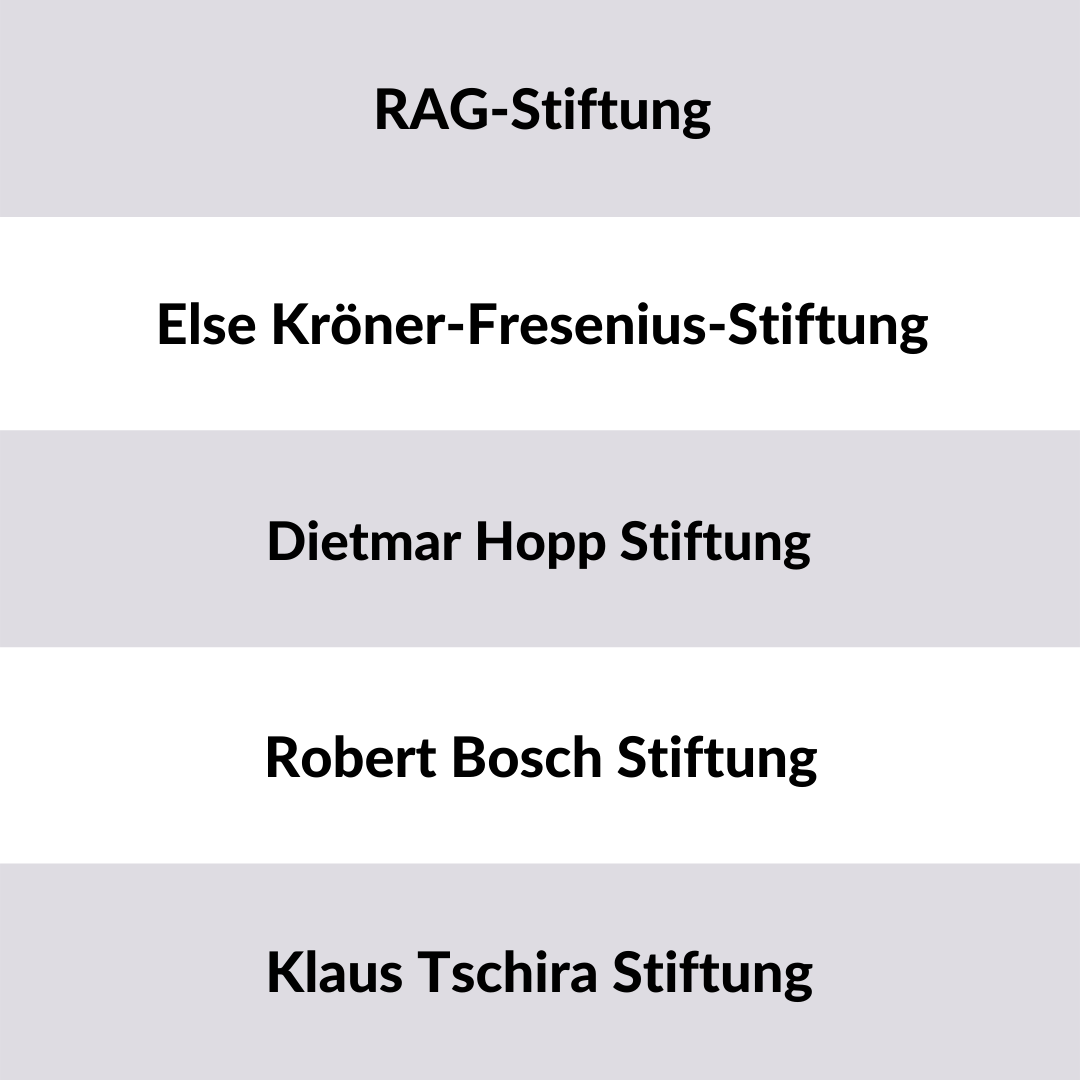
 Contains the largest charitable and non-profit foundations in Germany with various focuses, such as research, education, social affairs, art & culture, etc.
Contains the largest charitable and non-profit foundations in Germany with various focuses, such as research, education, social affairs, art & culture, etc.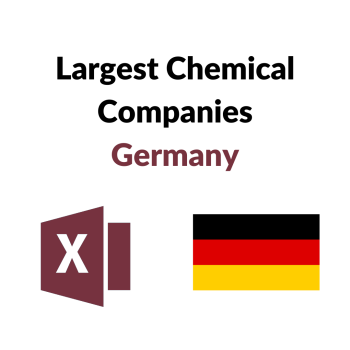
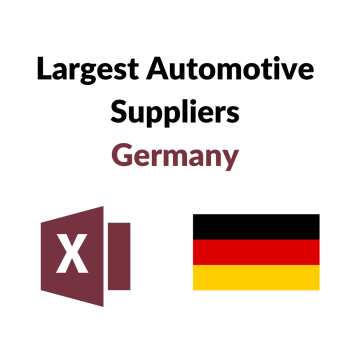
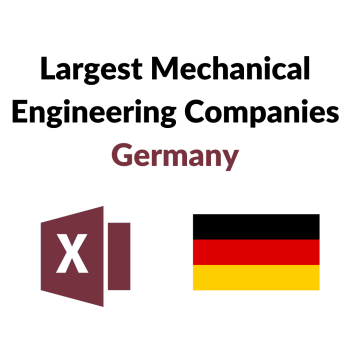
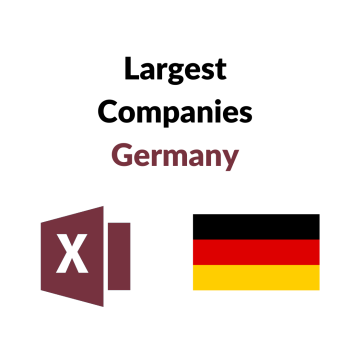
Reviews
There are no reviews yet.